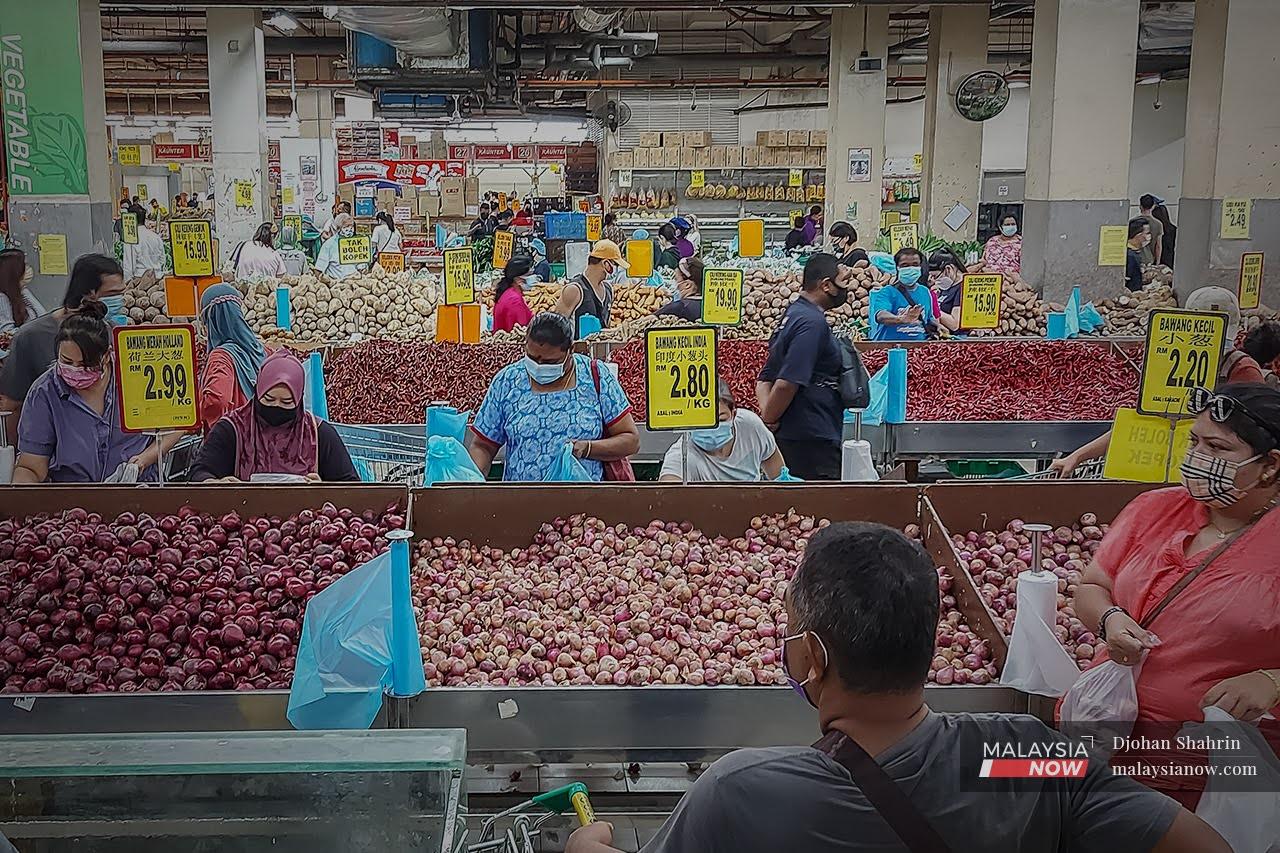Govt scraps approved permit requirements for food imports
Prime Minister Ismail Sabri Yaakob says the importation of food is now open to all, to ensure adequate supply in the country.
Just In
The government has agreed to dispense with approved permit (AP) requirements for food imports, effective immediately, Prime Minister Ismail Sabri Yaakob said today.
With this, he said the importation of food was now open to all quarters to ensure an adequate supply of food in the country.
Speaking to reporters in Putrajaya, he said the decision was made at a Cabinet meeting today.
He added that further details would be announced by the agriculture and food industries ministry.
“But we agreed that there will be no more APs for foodstuffs,” he said.
“Previously, there were APs to import beef and cattle but from today, these are no longer required and anyone can import whatever food items to ensure sufficient supply.”
This comes amid concerns that Malaysia could face a food crisis due to factors such as inflation, the increase in oil price, extreme weather conditions, the Covid-19 pandemic and the Russia-Ukraine war.
According to Bernama, Malaysia has been importing over RM50 billion in basic foodstuff such as rice (30%), beef (78%), lamb (nearly 90%) and cabbage (60%) on an annual basis.
Ismail said he had also ordered the agriculture and food industries ministry to prepare short- and long-term plans to avoid a food crisis.
“We know that the whole world is worried, not just us alone, about the effects of the armed conflict which could cause a food supply shortage.
“The agriculture and food industries ministry has also been asked to take immediate measures over the rising cost of living in this country,” he said.
On reports that a chicken farming industry cartel was planning to close its farms this weekend to protest a delay in subsidy payments of 60 sen on the price of chicken, Ismail said the delay had been caused by certain procedures.
He added that the ministry had been asked to speed up payments.
Subscribe to our newsletter
To be updated with all the latest news and analyses daily.
